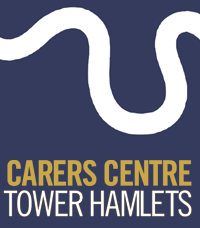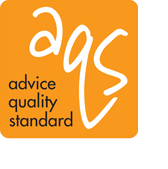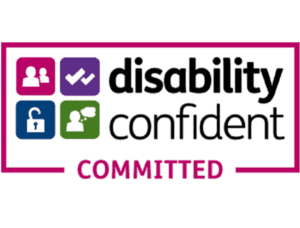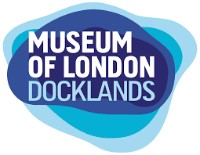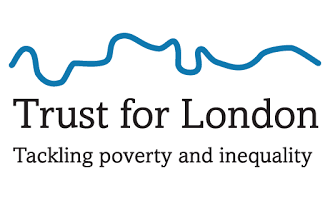Hello Everyone – Community Enhances Wellbeing
This week has been a very positive one for me and I feel carers, The WeConnect Hub and the Carers Wellbeing Champions really are their own amazing community.
Yesterday we had our Arts, Crafts and Conversation weekly group, this group developed over the pandemic. Carers supported each other amazingly during the lockdowns, a WhatsApp group developed, carers checked in daily and they still do, they rallied round when carers had difficulties without the aid of the Council. I am happy to say that The Carers Centre played their part by developing lockdown/online activities to bring our community together, to allow carers to have a little mental respite and to learn new things such as the most talked about Photography course, you will be pleased to know we have another course starting in October.
Working in partnership with the incredible Compassionate Neighbours, Social Action for Health the Jubilee Street Practice we developed a weekly social hub to reduce the isolation of our nearby residents and neighbours. Yesterday we had the Jubilee party, bringing together the communities of Tower Hamlets including carers as some carers volunteer to help out at the group. Cucumber Sandwiches with crusts cut off, scones and clotted cream and much. much more. We had the The Queens Coronation running on our projector in the background and topical quiz. I even brought my boy in to make the party official.
We also had our Carers Wellbeing Champions meeting in which as an advisory board they help direct me, when developing activities, guides and a deeper understanding with regard to carers wellbeing – as always thank you for everything we have accomplished. We also welcomed Audrey our new Carers Wellbeing Academy Support Worker, who kindly gave up some of her time to come to the centre, meet carers and join the group before her official start date, you will all be able to meet her in Carers Week.
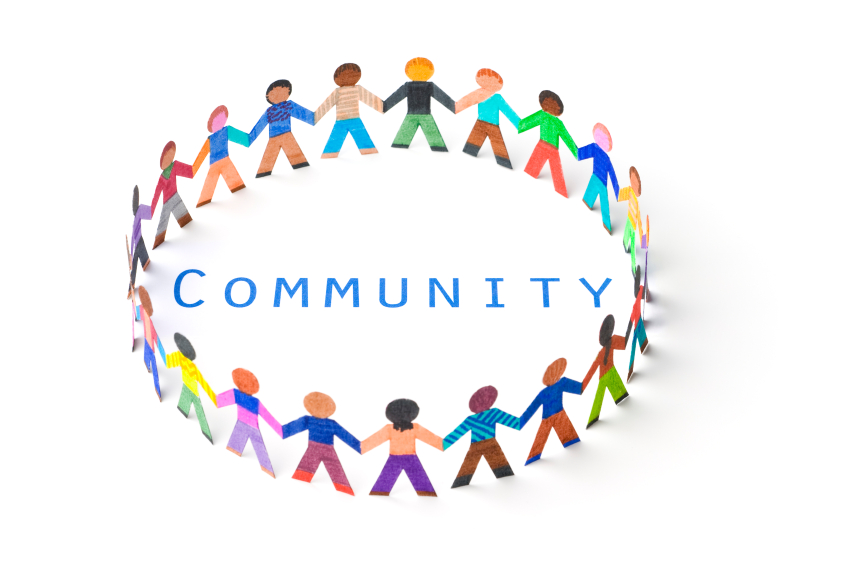
The importance of community: 7 benefits it offers
To understand why neighbourhood action and community is meaningful and beneficial to our well-being, we can look at seven ways in which belonging to one can help us.
1. Support and safety
Living with uncertainty has become the norm during the COVID pandemic. This has made it more important than ever to have a strong support network in place. Indeed, one of the main reasons behind the importance of community is that it can help fight feelings of hopelessness and give us the certainty that we are safe when surrounded by our community. Furthermore, the benefits go both ways, since supporting others also gives us a boost.
2. Connection and belonging
Togetherness is so central to our experience as humans; that feeling we are part of something bigger can help give meaning to our lives. Finding others with the same values, interests, and world views makes us realise that we’re not alone and makes us feel valued. Indeed, belonging highlights why community is necessary: being accepted into a group gives us a stronger sense of self and can help us cope with negative experiences and feelings.
3. Influence
Sometimes we need an extra push to stop us from falling into unhealthy habits or thoughts. Experiencing the positive influence of like-minded people is another reason behind the importance of community. Studies confirm that our overall health is partly determined by our ability to look after ourselves, but sometimes we simply don’t feel capable of it. Communities can influence us and motivate us to invest in our well-being and to bring positive changes to our lives.
4. Sharing
Sharing activities, ideas and feelings reinforces not only our sense of self, but also adds worth and value to the community. Indeed, the more the merrier applies in this case! That’s not to mention the huge beneficial effect sharing can have on mental health: higher engagement, positive emotions, and empowerment are only some of the benefits. Sharing is caring.
5. Learning
Communities are usually built around common interests, but that doesn’t mean they’re homogeneous. We can still find people within them who have different views, experiences, or beliefs, and learning from them can help us reach insights that we may not have reached on our own.
6. Acceptance
Developing community bonds with others who have different views may be challenging, but it’s also an opportunity to practise acceptance. I had a personal breakthrough when I read this article and understood that acceptance doesn’t necessarily imply agreement.
This valuable lesson can bring peace and relief. And there’s another side to acceptance: self-acceptance. Community belonging helps us accept that sometimes we’re strong and sometimes we’re vulnerable and that we need the support of others to avoid unnecessary emotional struggles and pain.
7. More connections, more chances of success
The importance of community goes beyond the personal sphere and extends to professional development. Since the pandemic begun we’ve seen a stronger focus on supporting local businesses, so this is a good place to start networking and building strong relationships. You never know where that could take your business idea or professional life.
Check out https://www.happiness.com/magazine/relationships/the-importance-of-community/
My baby boy getting ready for the Jubilee…

You deserve a life outside of your caring role, and get support, connection and information when you need it…
Another example of a community is our weekly Walking Thursday’s Group
Each week carers meet up at the centre, some drift from the Arts, Crafts and Conversation group and some carers meet later to join the walk. Each week the group walks to different parts of Tower Hamlets, share knowledge and anecdotes, walk to have fun, stop off for Coffee, tea and Cake and just be comfortable in each others company. So if this sounds like an activity you might want to join, or suggest new and exciting places to walk just let us know.
- Maintain a healthy weight and lose body fat.
- Prevent or manage various conditions, including heart disease, stroke, high blood pressure, cancer and type 2 diabetes.
- Improve cardiovascular fitness.
- Strengthen your bones and muscles.
- Improve muscle endurance.
- Increase energy levels.
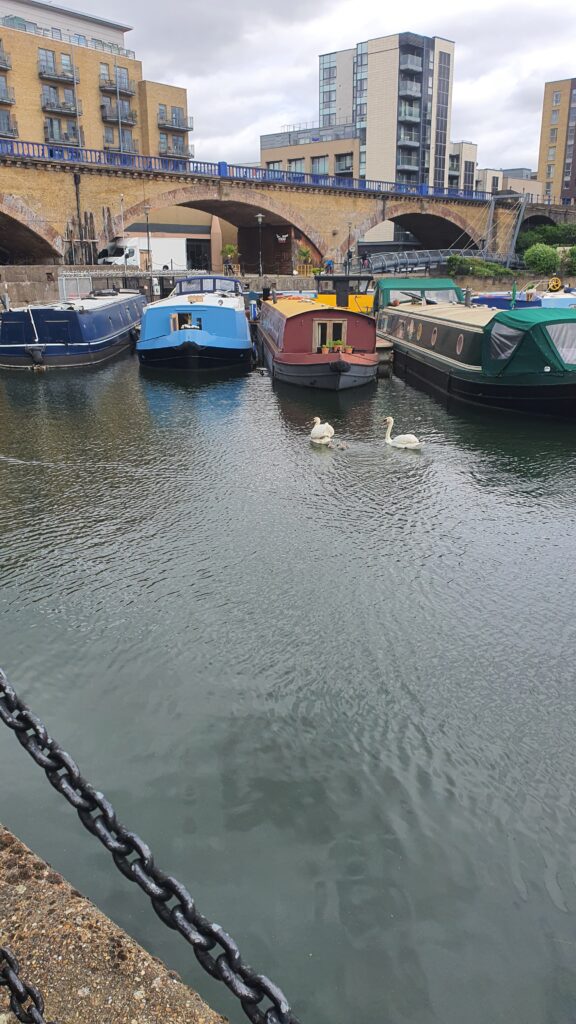
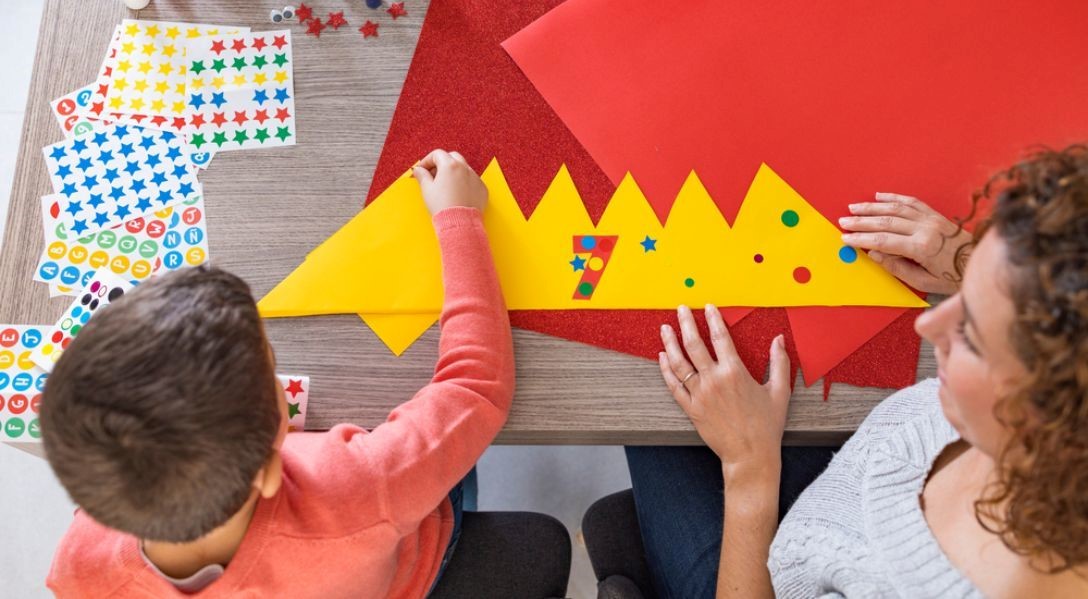
Jubilee themed half-term events and more
We are hosting a variety of free activities for children and families to enjoy in our parks throughout this half term and over the Jubilee Bank Holiday.
On Friday 3 June there will be arts and crafts sessions in King Edward Memorial Park, Wapping, where children and families can make cardboard crowns, tiaras and swords. We will also be taking a look at the royal heritage of our parks.
See what’s on >

An intergenerational work of art
Twenty young people and elders from Tower Hamlets have spent the last three weeks collaborating on a unique work of art celebrating the Queen’s Platinum Jubilee and local Tower Hamlets history.
The intergenerational project will culminate in a special community celebration on Wednesday 1 June featuring entertainment for all ages, including badge making workshops, a bouncy castle and funfair stalls, as well as a traditional BBQ and authentic Caribbean cuisine. The event will take place outside the Butley Court Community Centre in Ford Street, Bow, from 4pm-7pm
Find out more >
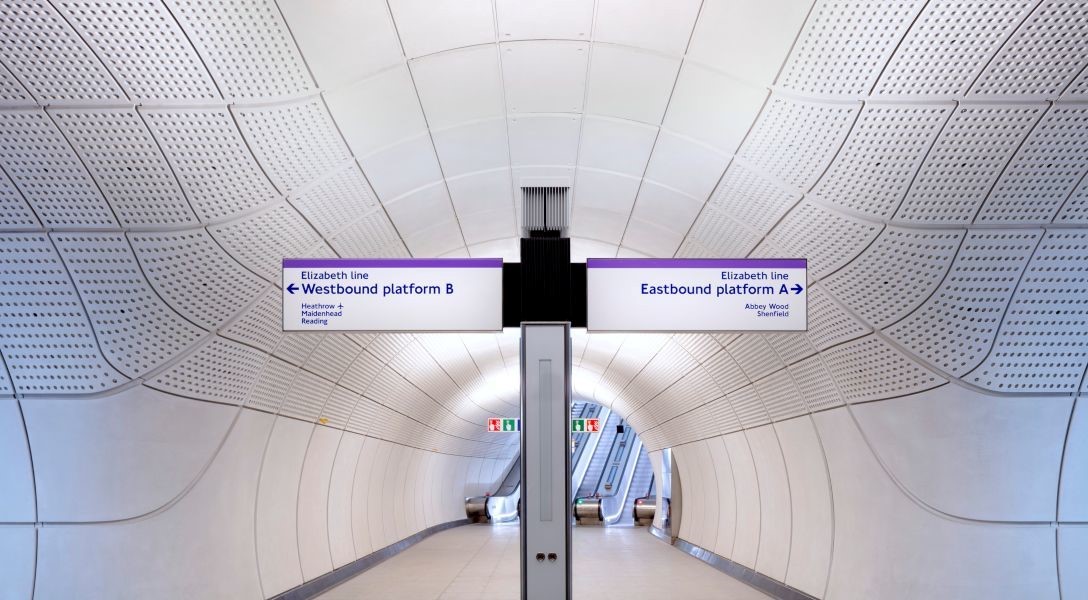
Elizabeth line brings two new stations to Tower Hamlets
It opened on Tuesday to much celebration across London. Here in Tower Hamlets, we have two new stations on the line – Whitechapel and Canary Wharf – meaning you can get a direct train to Paddington in just 15 minutes.
Canary Wharf Group estimates an extra 1.5 million people will be able to get to the area within 45 minutes, meaning our borough is set to benefit from more visitors, businesses, and opportunities for people who live here.
Find out more >
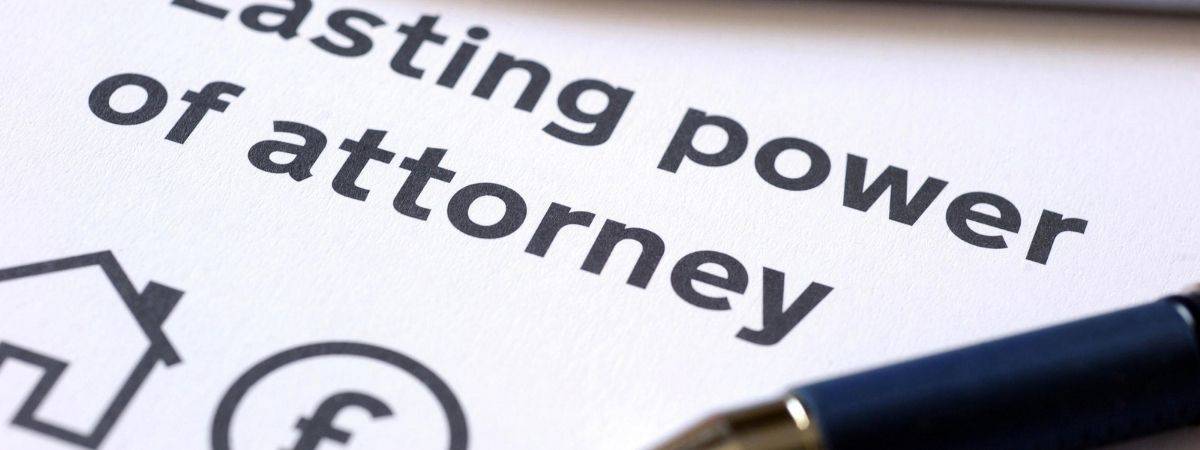
Why do you need a Lasting Power of Attorney?
Does the person you look after making their own decisions but want help managing their money? Maybe they can make their own decisions now but want an arrangement in case they can’t in the future. Without a Lasting Power of Attorney (LPA) your family may need to go to Court. This can cause lots of hassle, delay, and expense.
There are 2 types of Lasting Power of Attorney; finances & property matters and decisions about health and care.
Why should you do it now?
- 1 in 3 of us will suffer dementia
- Many of us will retain mental capacity, but will physically struggle to manage our affairs at some point in our life
- Being married or asking your chosen person to act for you is not enough – you need to legally give them the power to help you
- If you leave making your Power of Attorney until you need it, it will be too late.
Carers Centre Partners
The Carers Centre Tower Hamlets is pleased to work in partnership with respected Law firms to provide carers with affordable support with LPA.
Jones Whyte are a Glasgow based multi award winning Solicitor firm and the reigning Law Firm of the Year 2021
- They prepare thousands of Powers of Attorney every year
- Have partnerships with many major national charities
- They offer competitive Power of Attorney fees £349 + vat
Carers Centre staff can refer you, or you can contact them yourself on 0330 175 1234 or email appointments@joneswhyte.co.uk
You can find our more about Jones Whyte here Power of Attorney – Solicitors Glasgow | Jones Whyte Law
Duncan Lewis Solicitors – “We believe in access to justice for the most vulnerable in society and do everything we can to ensure legal advice and support is available for those who need it most”.
Duncan Lewis Solicitors are a national firm with offices locally.
- They prepare thousands of Powers of Attorney every year
- They are available for face-to-face appointments at their local office (1 Kingsland High Street, Dalston, Hackney, London, E8 2JS) or surgeries at the Carers Centre if requested
- They offer competitive Power of Attorney fees £350 + vat
Carers Centre staff can refer you, contact us on 0207 790 1765 or at enquiries@ccth.org.uk
You can find out more about Duncan Lewis here https://www.duncanlewis.co.uk
Most solicitor firms support with LPA and carers are under no obligation to use either firm listed above and are free to seek support from any firm they choose.
What is I do not want to pay for support with LPA?
We also provide workshops and information for those who want to set up an LPA themselves, many people set up LPA without legal support. You can check our Calendar or give us a call for updates on our latest workshops.
You can also see the information links below for information.
Different ways to manage someone’s affairs
Call us on 0207 790 1765 or email enquiries@ccth.org.uk to find out more about LPA.
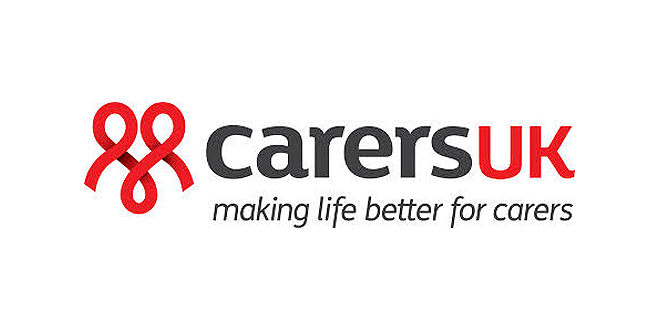
Millions of people have provided unpaid care to family and friends over the past two and a half years to ensure they were looked after and kept safe. The level of support that carers have provided to family and friends has been staggering, but has often come at great cost to their own health and wellbeing. Although some may feel that the pandemic is over, many carers don’t feel that way – both the legacy of the pandemic, as well as worries about infection, are still present in carers’ lives.
Ahead of this winter, and to ensure carers get the support they need as soon as possible, Government needs to provide more support to unpaid carers to enable them to care safely and well, and to live a life beyond their caring responsibilities. That’s why this Carers Week we are collectively calling for Government to develop a Recovery and Respite Plan for unpaid carers, outlining additional support for carers across a range of areas – including breaks, respite and care services, infection control, identification of carers, financial help, and support to juggle work and care. Doing so would recognise the enormous impact the COVID-19 pandemic has had on carers’ lives, as well as the lives of people they care for, and help to mitigate some of the negative impacts that caring can have on carers’ own physical and mental health.
To raise awareness of Carers Week and our campaign, please click the button below and take a couple of minutes to write to your local MPs today. We have provided a template letter and ask that you add your own personal experience of caring to this, before sending it. Please forward any response you receive from your MP to policy@carersuk.org so that we can follow up with them, if you are happy to do so.
Click link below to write your letter
https://carersuk.e-activist.com/page/105999/action/1?ea.tracking.id=cuk-aff&utm_source=Carers%20UK&utm_medium=email&utm_campaign=13220633_Email%20to%20affiliates%20-%20Carers%20Week%202022%20campaign%20-%2023rd%20May&dm_i=74C,7VD3T,W8A2O3,W5F7U,1
East London Peer/Carers Group coming soon at the Carers Centre Tower Hamlets
ROYAL BRITISH LEGION LAUNCHES NEW PROJECT IN LONDON TO SUPPORT CARERS WITHIN THE ARMED FORCES COMMUNITY
- RBL launches ‘Network for Carers’ to support carers within the Armed Forces Community who feel isolated or lonely
- The first ever event in London will be held at Imperial War Museum London on Friday 10 June
- RBL research shows 70% of carers in the Armed Forces community surveyed say caring has negatively affected their mental health, with 50% saying it has affected their physical health
- Register your interest here: rbl.org.uk/networkforcarers
A new project that aims to support carers within the Armed Forces Community who feel isolated or lonely is coming to London for the first time.
The Royal British Legion (RBL) has launched Network for Carers, offering monthly face-to-face and virtual social groups to provide opportunities for the military community in London to access support and share knowledge and experiences. It is funded by a grant from the Armed Forces Covenant Fund Trust’s Tackling Loneliness programme.
Recent research from the RBL reveals that 70% of surveyed unpaid carers in the Armed Forces community experience a negative impact on their mental health, and over 50% say their physical health is suffering due to the strain of their caring responsibilities.
For unpaid carers who have a family member currently serving in the Armed Forces, nearly 90% say their own mental health has been negatively affected.
The research also identified that unpaid carers within the Armed Forces community are receiving half as much support as carers in the civilian population.
Despite carers in the Armed Forces community being at risk of loneliness and isolation, 40% of unpaid carers surveyed admitted they had received no support at all over the last two years.
Over the course of the pandemic, half of these carers have seen a reduction in the availablity of support and services that they and the person they care for need.
But now, for the first time in London, a face-to-face social group will meet at Imperial War Museum London on Friday 10 June.
Jane Britton, RBL’s Head of Community Development said: “The RBL’s research has revealed a troubling situation for many carers in the Armed Forces community.
“The strain of caring has damaged their mental and physical health and very few are able to take a break which is why establishing this Network for Carers is so important.
“The purpose of this new project is to help Armed Forces carers feel less lonely and isolated because of their caring role.
“By connecting the military community with their shared memories and experiences, the Network for Carers social groups will support people to develop friendships, interests and engage more with their communities.”
In total, the RBL intends to establish twenty support groups across the UK, all held in safe environments connected to the Armed Forces community.
- Carers within the Armed Forces community that are struggling to look after a loved one or feel they would benefit from having a wider support network of those in a similar situation, and would like to access the programme should visit rbl.org.uk/networkforcarers
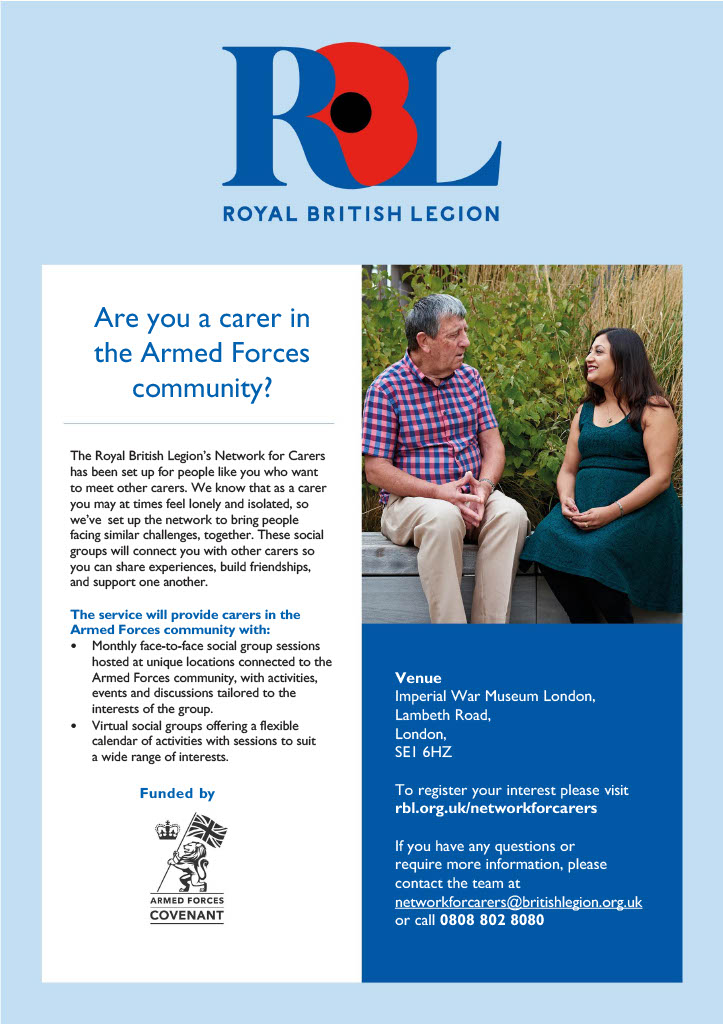
Come and join us at this wonderful event
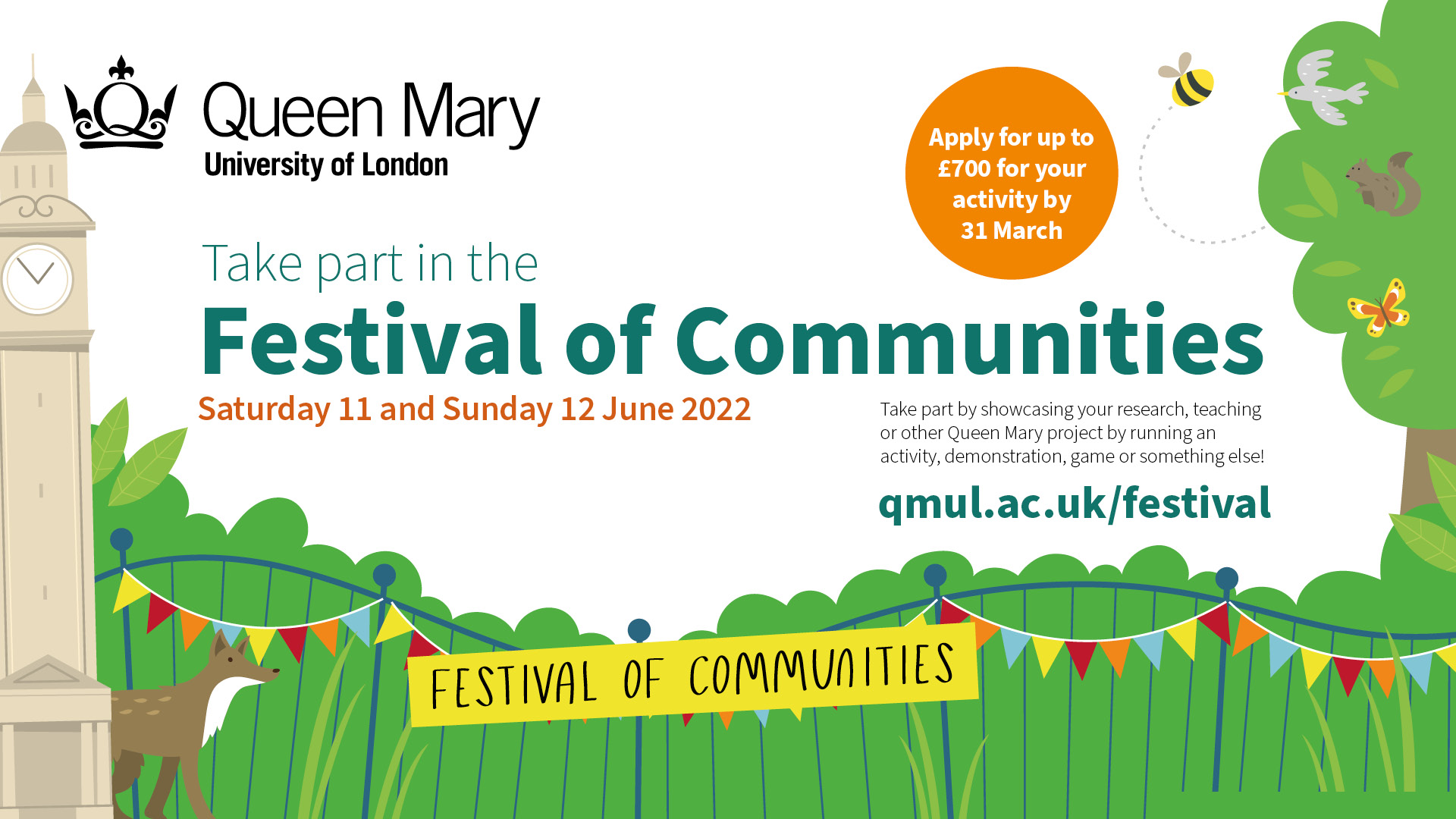
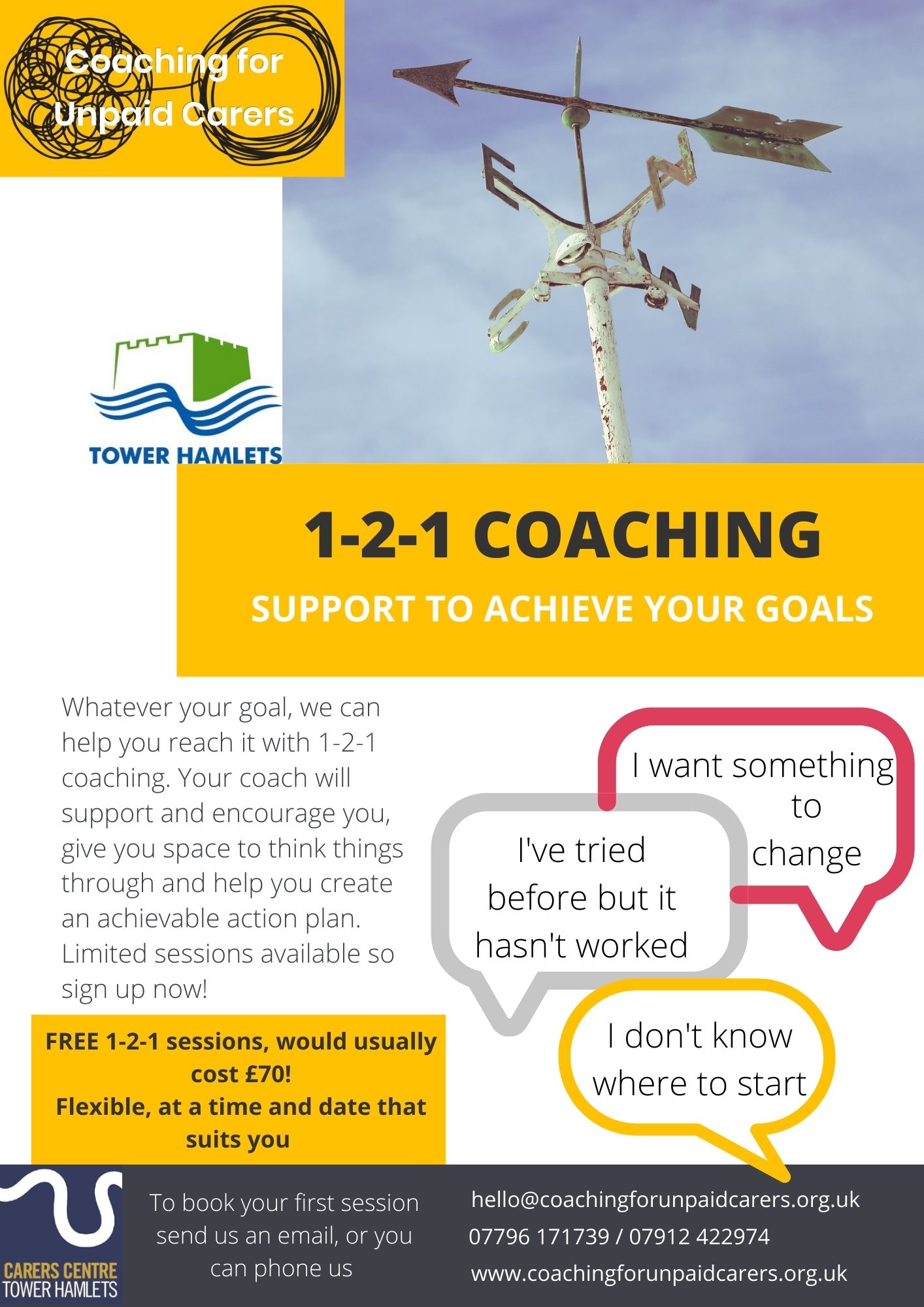
How about you join up for a Self-Care Workshop…
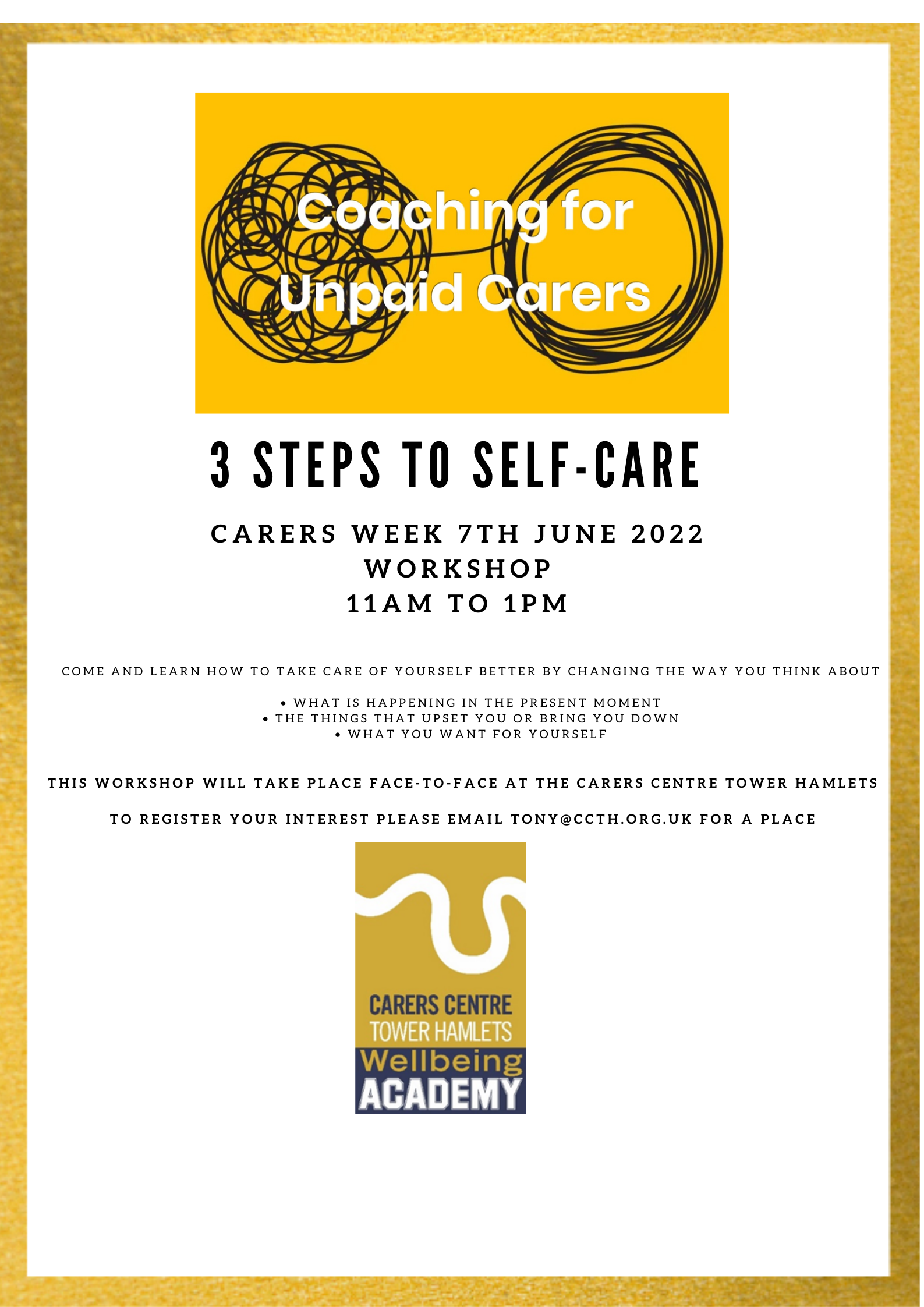
Check out the https://ccth.org.uk/new/calendar/
Check out the monthly 2022 timetable, as this will let you know our weekly activities’ and then email tony@ccth.org.uk for a place.
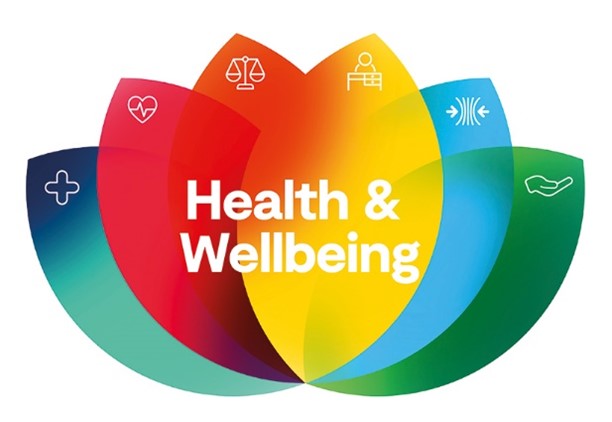

Check out a new free course that has just been launched that focuses on carer wellbeing. It is called ‘Physical activity for health and wellbeing in the caring role’ and has been kindly endorsed by the Carers Trust. The course is 6 hours in length and learners can achieve a ‘badge’ on completion of the end quiz, and this can be added on a CV to evidence their learning/continuous professional development. We hope that it will be helpful to those working with carers, including carer centre staff, those supporting carers less formally and importantly carers themselves!
A carers guide to home fire safety
A new video resource has been launched on the London Fire Brigade website to help carers learn how to keep people that receive care safe from fire.
Sadly, around one third of those here who die or are severely injured by fire are in receipt of some form of care or support. If you are a formal (domiciliary care worker, support worker or clinician) or informal carer (family member, friend or neighbour) and are caring for someone in their own home, this new resource will help you identify fire risks and show you what you can do to reduce them. There is also more information available on the website around fire safety and prevention.
Watch the video >

ELOP’s LGBT+ Groups
Join our fun, friendly and non-judgemental safe space to meet new people and discuss LGBT+ topics!
LGBT+ Over 50 Social Group
Every Monday 1.00 – 2.30pm, online
LGBT+ Social Support Group
Every Tuesday 7.00 – 8.30pm, online
Stonewall – https://www.stonewall.org.uk/
LONDON Friend – https://londonfriend.org.uk/
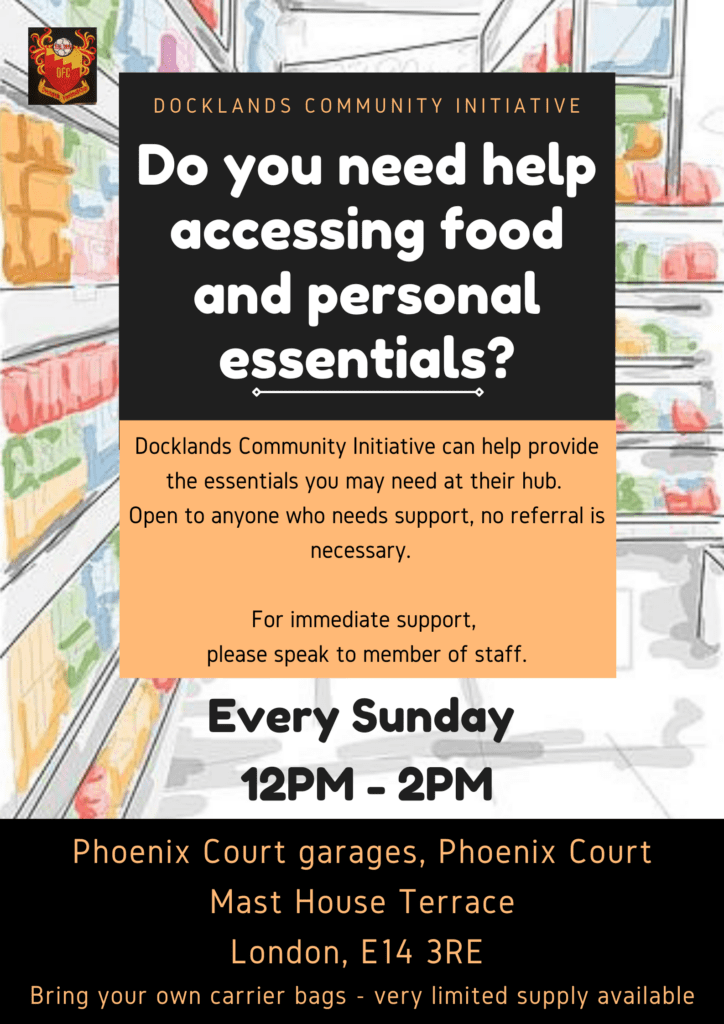
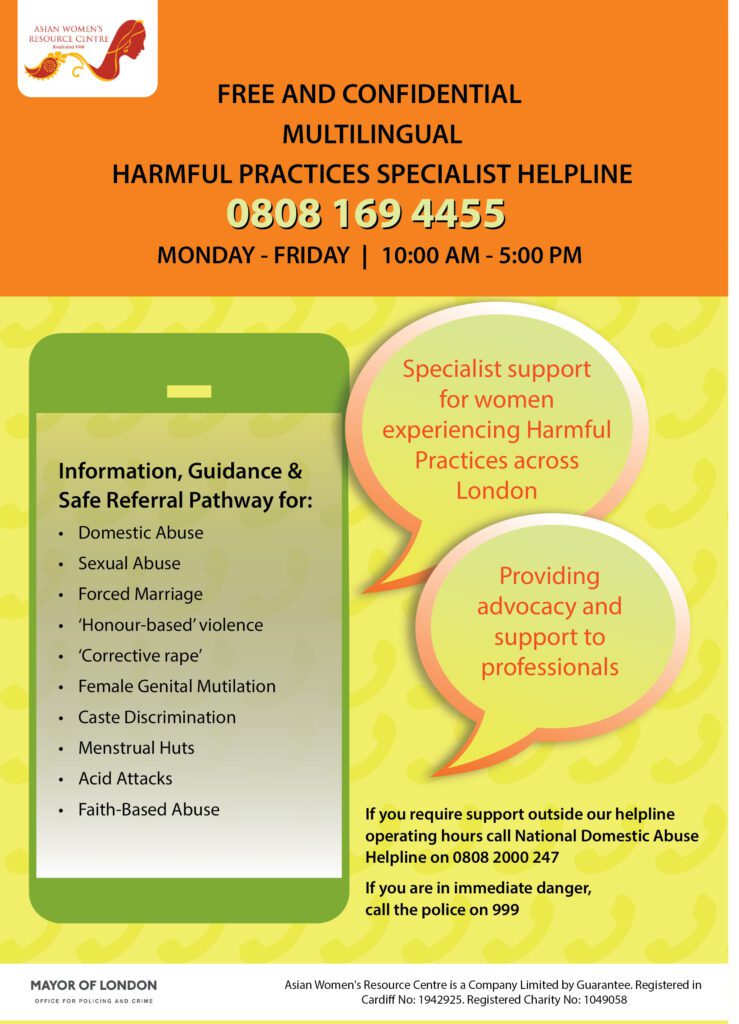
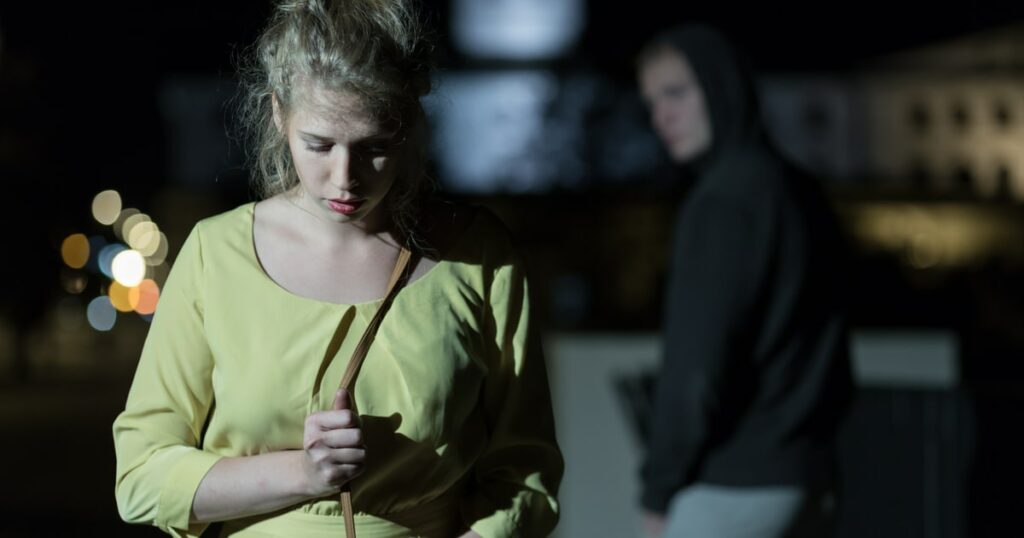
WALKING ALONE? REMEMBER THESE 10 TIPS
1) Plan Your Route
Make sure you plan your route ahead of time. If you are walking in an area you are not familiar with, this can help keep you from getting lost. You will be able to walk with confidence. If you do get lost, don’t wander aimlessly, find a gas station, supermarket, or fast-food restaurant where you can ask for directions.
2) Make Sure Someone Else Knows Your Plans
Don’t go out when it is dark without telling someone, even if you are just taking the dogs out for a walk around your neighbourhood or walking home from a friend’s house nearby. It may seem paranoid, but in fact, knowing someone knows where you are can be reassuring and help you feel safe. If you fall and hurt yourself or run into trouble, and someone knows where you are, they can send help if you don’t arrive at your destination on time.
3) Always Carry Your Phone with You
Always carry your phone, but not for music or to make social calls as your walk. Your phone can be a lifeline if you see something suspicious or worse if something happens to you. Download a safety app on your phone, so you’ll be able to discreetly alert the authorities if you feel threatened or see something suspicious.
4) Avoid Suspicious People and Areas
Areas that are dark, deserted, or out-of-the-way, such as an alley or a parking lot, can be riskier than a well-lit area full of people. Stick to busy, lighted paths, to minimize the risks. Also, walk mainly in familiar places where you are known. That way, if you feel like a suspicious person is following you, you can always duck into a store you know or knock on a neighbour’s door. Avoid empty streets and pathways with thick shrubbery.
5) Keep Your Hands Free
Except for a flashlight and one of the items discussed below, keep your hands free. If you are carrying anything, put it all in one bag or backpack. This will make it easier for you to react if you notice someone following you. In a dangerous situation, carrying too many bags can keep you from moving as quickly as you can if your hands are free or if you only have one bag.
6) Carry a Non-Violent Deterrent
In addition to a flashlight, carry a non-violent deterrent such as a whistle, mace, or pepper spray. A whistle will help you alert others and call them to aid you if something is wrong. The loud noise may put off attackers, and they’ll move on to find someone else. Mace or pepper spray can give you enough time to evade a potential attacker, and in a pinch, a flashlight can be used as a weapon. Make sure you know how to use the mace or pepper spray to get its full effect.
7) Wear Reflective Clothing to Prevent Accidents
When it comes to personal safety, it’s not just about suspicious people. Areas with low visibility can be prone to accidents. Reflective clothing allows bikers and cars to see you as you walk along. A flashlight or headlight can also help drivers see you if there are dark stretches of road on your route.
8) Take a Self-Defence Class
When fighting off something as an assault, the element of surprise can work in your favour. If you regularly walk alone, take a self-defence class. You don’t have to become a black belt. In fact, it’s probably better to learn something like Krav Maga, which has been popular for self-defence. The idea is to disable your attacker enough for you to get to safety, and a class focused on self-defence will help give you those survival skills.
9) Remove Any Distractions
Keep your phone in your hand in case you need to hit the panic button on your safety app, but don’t let it distract you. When walking alone at night for exercise, music can be motivating and energizing but also distracting. You may not hear someone driving or walking up behind you. Avoid wearing headphones or talking on your phone as you walk.
10) Trust Your Gut
When walking alone at night, trust your gut. If you feel like an area or situation may be dangerous, don’t wait around to find out. Stop and scan your surroundings if you think someone is following you. If you are being followed, walk as quickly as you can to a well-lit public place. You can wait until you feel safe, or call a friend, a taxi, or an Uber to help you get safely get home at night.
Following these personal safety tips will help keep you stay safe when walking alone. Always be aware of where you are and alert to suspicious activity.

Important Numbers:
Domestic Violence Duty Line: 020 7364 4986 between 9am – 5pm.Victim Support: 020 7364 2448/7957
Just wishing everyone a peaceful, safe and week and remember if you need information and advice from the Carers Centre just email enquiries@ccth.org.uk
Tony Collins-Moore
Carers Wellbeing Academy Manager

Opening hours
Monday - Friday – 9.30am – 5pm
Saturday and Sunday – Closed
